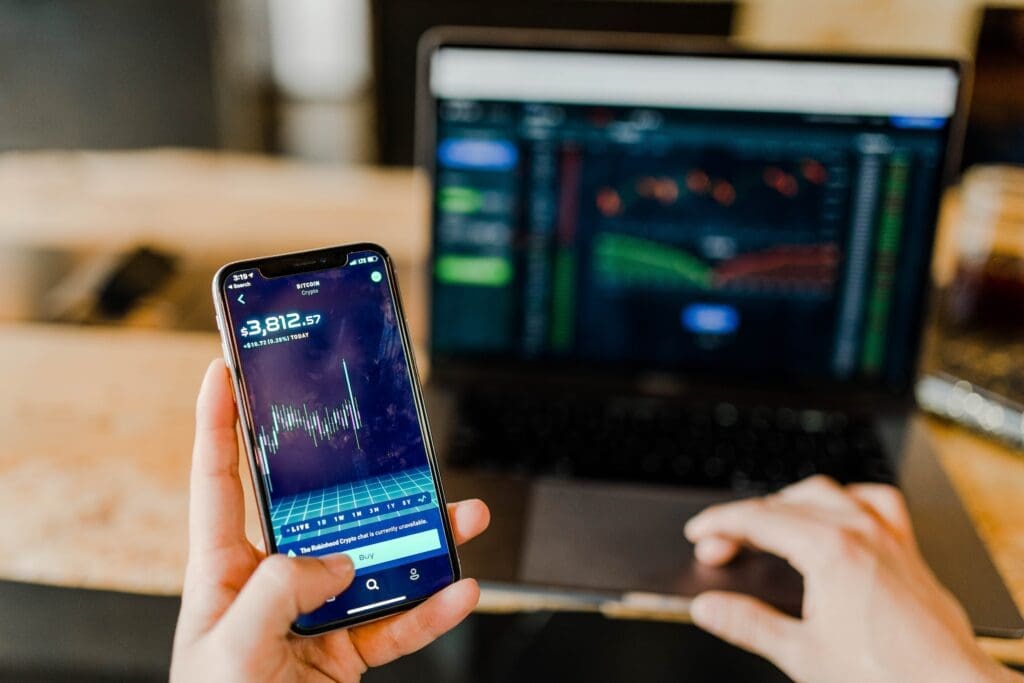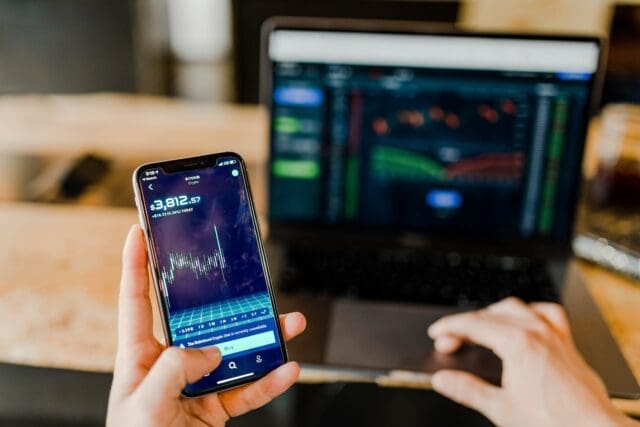New ways to make money are always great, and one of the most popular and available is now to trade CFDs, earn on currency pairs (foreign exchange, a.k.a. Forex), or exploit binary options. These words can make you feel like you’re doing a really big business. But there are some more things to do for this image to materialize.
Learn the Concepts
What’s Forex? It’s short for “foreign exchange.” Since the Jamaica Accords reshaped the world’s financial system, there are no fixed rates between the world’s currencies. The rates are always floating, and while within the same market, you always sell cheaper than buy, the art is about maneuvering between various markets or various moments on the same market.
Each pair consists of the:
- base currency (usually the one of your country or just a more popular one);
- quote currency (the one you buy or sell).
Within this pair, the price of the quote currency is measured in the base currency. Pairs can easily be reversed (in fact, each one is). That means every time you buy the quote currency; you automatically sell your base currency. For your counterpart, your quote currency may be the base one. Relativity as it is.
But the most exciting thing about Forex is that you don’t have to operate the volumes of currency necessary to get profits.
Length Matters: Going Short and Long
The deals made on Forex online, though, have little in common with the actual buy-and-sell. The essential tools on 0 pip spread forex broker are long- and short-selling. In short (pun unintended), but rather a complex of mutual obligations with virtual buy-resell and sell-rebuy schemes.
Going short or short-selling means that you sell the currency you don’t have. But you have your reasons to expect that its price will soon fall. So you just borrow the necessary amount to sell. At some moment in the future, you buy the required amount of this currency and pay your debt in it. If your calculations are correct, you make a particular profit.
On the contrary, going long means buying a currency you expect to rise. As you might have guessed, the symmetry applies here as well: as you go short on the quote currency, you at the same time go long on the base one, and vice versa.
In the physical world, it would mean you just buy this currency and stock it in your basement until the moment comes to sell it. But Forex has its tools for this. However, fear not, for with the right forex broker on your side, you’ll have all the tools you need to navigate this intricate market. You can discover here the top Forex brokers list and find the perfect one for you.
Is Your Position Comfortable?
Though Forex is about currencies, you don’t simply buy or sell currency. You open positions. What does it mean? Well, trade on Forex consists of two stages. You remember that it’s a sophisticated system of obligations rather than handing cash to each other, right? So, the deal contains two steps.
- Opening position. When you open the position, it means you declare you sell or buy a certain amount of a specific currency at a certain rate.
- Closing position. When you close the position, you apply for your declared position. It might lead to profits if your expectations were correct. If not, it just stabilizes your losses to prevent further losses.
There is always some time between opening and closing positions. By the way, you don’t have to open positions manually when you’re at the dashboard. You can use automation and open positions when the price reaches some value. Along with this, you can specify the conditions to close the position automatically. Of course, it may take too long for the closing conditions to come if you make the wrong prediction.
Choose Your Pairs
There are two most obvious ways to choose your currency pairs on Forex. Both have their pros and cons, so both are worth considering.
The first is only dealing with the world’s major currencies (USD, EUR, GBP, CHY, JPY, and so on). They are constantly on the news, the rates are continually being discussed, and they are the talk of the world. It’s easier to keep track of them and apply more sophisticated schemes like triangular arbitrage.
Another option is to always use your country’s currency as the base one and major ones as quote ones. The convenience is that you track your local news (no matter if your currency is among these major ones or not), so it’s easier to predict trends.
Finally, you can choose exotic pairs for both bases and quote currency. They are interesting because of little interest and high spread. But predicting what happens half the world away is a rather complicated thing unless some residents fill you in.

Signals
The best forex broker in India (as well as of many other markets) is the main question: when to buy and when to sell? Unlike, say, crops sold as they are harvested, commodities like currencies are not seasonal. That’s why tools that help to predict the market are so highly appreciated.
The so-called signals are based on mathematical models and recurring patterns that can be predicted from the previous conditions. When certain conditions are met, it’s time to sell or buy because the probability of your quote currency going down or up is high enough.
Of course, no signal can predict so-called “black swans” – catastrophic events that pop up out of nowhere and affect the whole industry. But that’s about your alertness; if something like this happens, the best position is to whisper, “They had it coming,” and calculate profits.
One Eye on the News
Why do traders have so many screens before them? It’s like a pilot dashboard. There are so many critical parameters to view simultaneously, and all of them influence the market. It may be politics, economy, natural disasters or stability, religious conflicts, and so on. Why is it so important? Because if you track the events, you can predict the right moment to buy or sell not by market signals but by events that cause these signals.
The Forex world
So, even if you had no idea how to trade on Forex and what to consider before you start, hot forex reviews. We have just one more thing to say. Don’t be afraid to lose sometimes. No trader makes 100% correct predictions. Just analyze where you went wrong. Thus you can turn your losses into educational investments.
Found it useful? Don’t forget to share it with your friends on Facebook or Twitter! Leave a comment about your Forex experience if you have a story to tell. And we will appreciate this!
Featured Photo by Maxim Hopman on Unsplash




